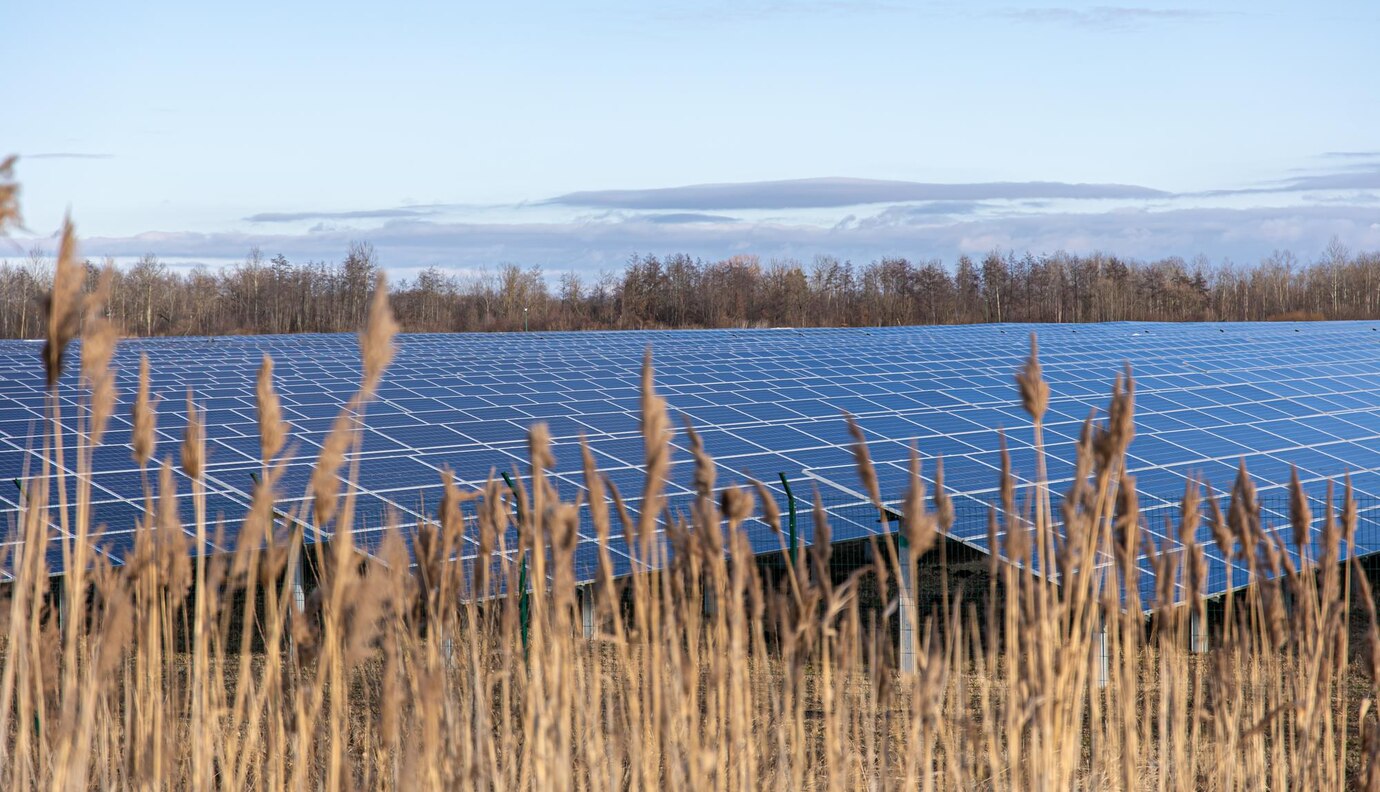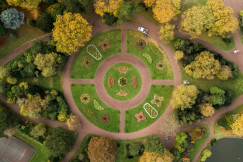Best practices
17 April 2025
Croatia’s Pioneering Crowd-Investing Solar Initiative
Best practices
17 April 2025
Regenerative Green Transition
Urban and Rural Wellbeing
Energy intensive industries
+12 more
Login / create an account to be able to react
-
12

The Križevci Solar Roofs initiative in Croatia showcases how crowd-investing and cooperative energy models can drive renewable energy adoption. Led by Green Energy Cooperative (ZEZ), it enabled citizens to invest in solar panels on public buildings, fostering local engagement and sustainability. Overcoming funding and regulatory challenges, the project reduced CO₂ emissions and empowered communities, serving as a best practice for social and proximity economy stakeholders.
Topics
Croatia
Financial Institutions and Investors
International Organisations
National authorities
Regional Authorities
-
Thematic area
-
-
Regenerative Green Transition
-
Urban and Rural Wellbeing
-
-
Interlinkages with other sectors
-
-
Energy intensive industries
-
Energy-renewables
-
-
Action areas and keywords
-
-
Circular Economy
-
Creating financial incentives and supportive regulation for green and circular social economy business models
-
Greening infrastructures and business operations
-
Innovation
-
Innovation as enabler for green transition and business development in the social economy
-
-
Ecosystem focus
-
-
Proximity economy
-
Social economy
-
-
Scope of activity
-
-
International
-
Local/neighbourhood
-
National
-
Regional
-
Share
“The first crowd-investing initiative in Croatia implemented the crowd investment, a micro-loan model, to involve its citizens in the sustainable development of their city- Križevci.” - Green Energy Cooperative (ZEZ)
In Križevci, Croatia, a groundbreaking crowd-investing initiative has empowered citizens to co-finance and co-own renewable energy infrastructure. By installing a solar photovoltaic (PV) system on a municipal building, this project demonstrates how cooperative models and citizen participation can drive sustainable urban development.
Before this initiative, Križevci faced financial and structural barriers to advancing renewable energy. Municipal budgets were insufficient to fund solar installations, and reliance on external energy sources resulted in high costs and environmental concerns. At the same time, there was no mechanism for citizen involvement in local energy projects, limiting public engagement and awareness. Addressing these challenges required an innovative financing model that combined community investment, cooperative governance, and municipal collaboration.
Solution
To overcome these barriers, the Green Energy Cooperative (ZEZ) partnered with the City of Križevci to launch Croatia’s first crowd-investing solar project.
Key elements included:
- Community investment model: Citizens provided micro-loans to fund a 50 kW solar PV system on the Križevci Development Centre and Technology Park.
- Financial returns: Investors entered a 10-year loan agreement with ZEZ, receiving annual interest higher than typical bank savings, making participation financially attractive.
- Municipal partnership: The city leased the solar equipment from ZEZ and used the generated energy for public facilities. Cost savings from renewable energy were used to repay citizen investors.
Impact and success
This initiative has become a model for local energy transitions by:
- Increasing renewable energy adoption: The installation of 50 kW of solar capacity contributes to Križevci’s climate goals and reduces dependency on fossil fuels.
- Empowering local communities: Citizens directly benefit from the energy transition, earning returns on their investments while fostering a sense of ownership.
- Creating a replicable framework: This model can be adopted by other municipalities and cooperatives looking to integrate social economy principles into renewable energy development.
Conclusion
Križevci’s crowd-investing solar initiative exemplifies how community-driven finance and cooperative governance can accelerate the shift to renewable energy. By leveraging local participation and shared economic benefits, the model strengthens proximity and social economy ecosystems, demonstrating that citizen-led investments can drive sustainable urban transformation.
Documents
Comments (0)
See also
-
7
INCIEN – Accelerating Circular Economy Transitions in Central Europe
- Categories
- Partnerships Regenerative Green Transition Skills +24 more
-
9
Spain: Empowering communities through energy co-operatives
- Categories
- Urban and Rural Wellbeing Proximity and social economy Energy intensive industries +11 more
-
11
Cadore – Dolomiti s.c.s.: Building Inclusive Work in the Heart of the Dolomites
- Categories
- Regenerative Green Transition Skills Urban and Rural Wellbeing +25 more




